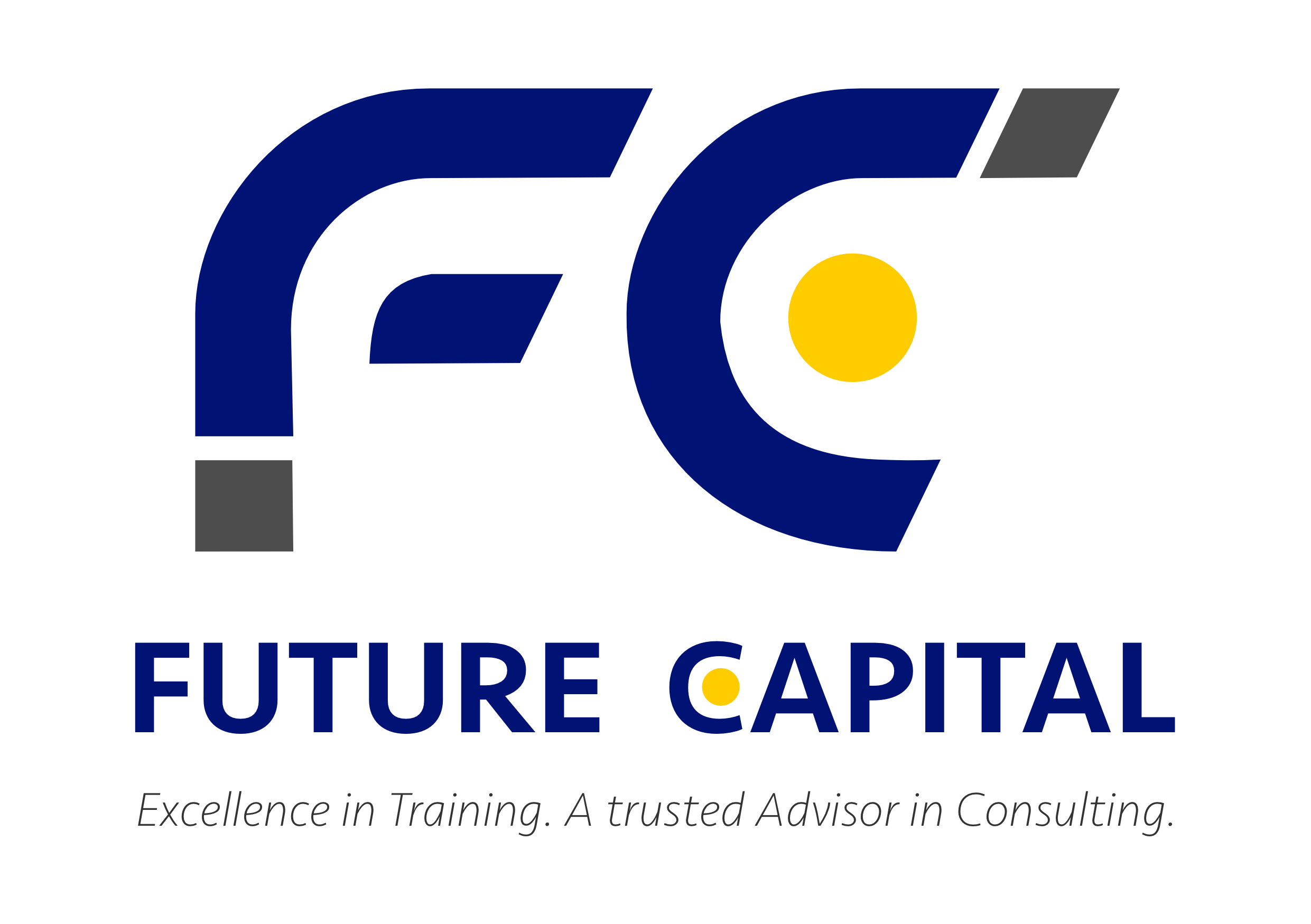During my time as a young and ambitious City Corporate Banker, Terry Smith became an instant hero of mine when, in 1992, he released his book Accounting for Growth. The book basically outlined all the devious (although legal) methods that large, household name corporates would use to massage their accounts to make their Income Statements and Balance Sheets look much more attractive than they actually were.
He would highlight (using some actual examples from published accounts) the use of items such as Goodwill, Depreciation and, what we in the old days used to call Extraordinary and Exceptional items, to present a rosy view of the accounts.
At the time of publishing his book, Terry was an equities research analyst at UBS and the book caused quite a storm, as you can imagine. Companies mentioned in his book cried foul, pointing out that they were using legal accounting rules. None of them sued him for defamation, of course, as what he said was essentially all true, the evidence was all there in their financial statements.
Fortunately, many of those accounting rules have since been amended, including my beloved Extraordinary and Exceptional items which is no longer a separate line item on the income statement where one could dump inconvenient losses so as not to mess up reported trading profits.
Unfortunately for Terry, his employer, UBS, were not impressed, to say the least, with his book publishing sideline and, probably under pressure from their major clients, decided to fire Terry. However, proving that you can’t keep a good man down, Terry went on to set up and run his own, and very successful, investment firm, Fundsmith Equity Fund which has consistently produced market beating returns. I even have some of my own precious pension money invested in his fund – and been very pleased with the returns.
The reason for talking about Terry is because I see he is ruffling feathers again with his announcement that his fund has sold all its Amazon holdings. Don’t worry, it has nothing to do with dodgy accounting, but more with Amazon’s plans to invest more in bricks and mortar grocery stores. Terry views this as a worrying change in strategy and “ran counter” to Amazon’s own stated growth principles for new projects (projects that are capable of generating good returns on capital, areas where consumers not already well served and a sustainable competitive advantage). High street grocery stores just don’t fit in with these principles says Terry.
Personally, I don’t know if he is making the right call on Amazon, but I remain a Terry Smith disciple and where he leads, I will follow with my precious pension money. Although I would probably divert some of it into a fund that’s long in Amazon – just don’t tell Terry.
Frank Vein: – Founder, Future Capital Training and Consulting
